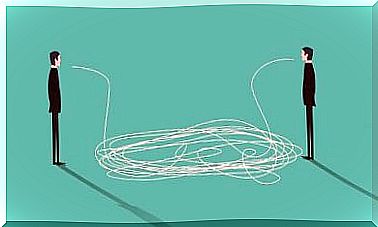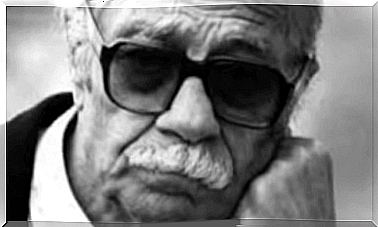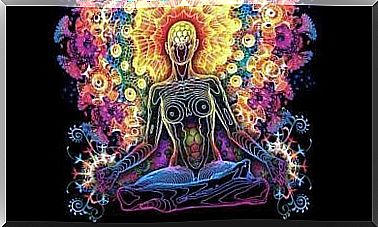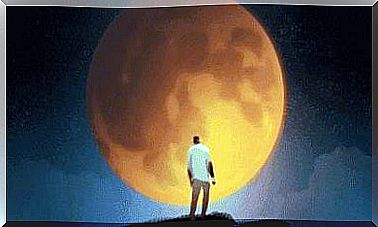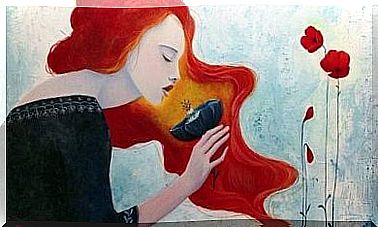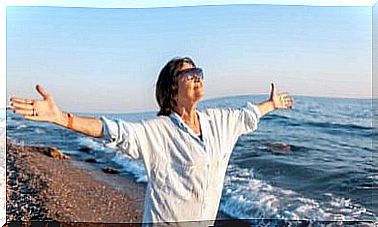Nietzsche And The Horse – Why Did He Embrace It And Cry?
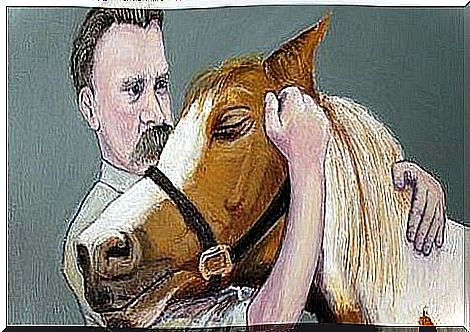
Friedrich Nietzsche was a German philosopher who created some of the most remarkable works of Western thinkers. During 1889, the philosopher lived in a house on Carlo Alberto Street in Turin, Italy. It was early morning, and Nietzsche was on his way to the city center when something suddenly happened that would change his life forever. The episode with Nietzsche and the horse is truly mythical.
He saw a rider beat his horse because it would not move forward. The poor animal was completely exhausted. It had no power left at all. Nevertheless, the rider continued to whip the horse again and again to make it go, despite the animal’s complete exhaustion.
Nietzsche was appalled by what he saw, and quickly approached the scene. After condemning the driver’s behavior, he approached the collapsed horse, hugged it, and began to cry. Witnesses said he mumbled a few words to the horse, but no one was able to hear what he was saying. A myth says that the philosopher’s last word to the horse was “mother, I am a fool”. He then lost consciousness, and his mind was changed forever.
A morning that changed everything
Since that day, Nietzsche’s dementia has fascinated doctors and intellectuals around the world. All sorts of speculation has been raging about the subject. There are at least three versions of what happened to Nietzsche and the horse that morning in Turin. The only thing that is certain is that the philosopher never became the same again.
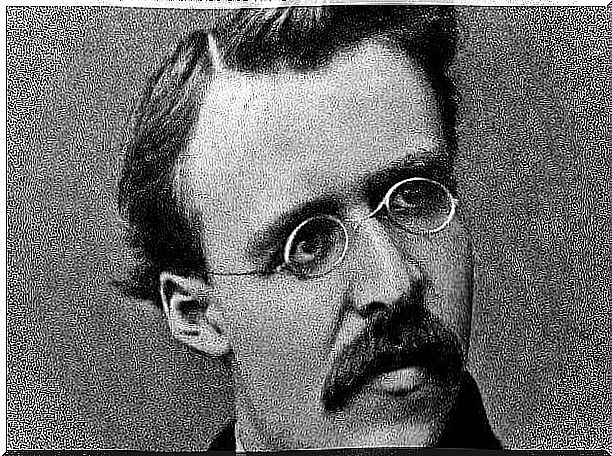
From the episode between Nietzsche and the horse, and until his death ten years later, Nietzsche never spoke again. He never became his old self after this. The police were called, and the philosopher was arrested for disturbing public order. Shortly afterwards, he was taken to a mental sanatorium. From there, he wrote a couple of incomprehensible letters to two of his friends.
An old acquaintance later took him to a sanatorium in Basel, Switzerland, where he stayed for several years. One of the greatest thinkers of the 19th century ended up depending on his mother and sister’s help for the most part. As far as we know, Nietzsche never returned to reality.
Nietzsche’s dementia
It has later been established that Nietzsche’s behavior that day – when he hugged the beaten horse and cried for it – was a manifestation of his mental illness. Those around him had nevertheless noticed that he behaved strangely several years before this. For example, the manager of the house where he lived had heard him speak to himself. He was also known for sometimes singing and dancing naked in his room.
He had long since begun to neglect his personal hygiene and appearance. Those who knew him noticed that his once proud gait turned into a sloppy way of walking. Nor was he the sharp thinker he once was. He began to speak in a shaky manner, jumping from one subject to another.
Nietzsche increasingly lost his cognitive abilities in the sanatorium, including his language skills. He was sometimes aggressive, and even beat people around him. And just a few years earlier, he had written some of the works that made him known as one of the greatest philosophers in history.
Nietzsche and the Horse – The Philosopher’s Tears
Most people did not see the episode with Nietzsche and the horse as anything other than irrational actions caused by a mental illness. Some others, on the other hand, see a deeper meaning in it. In the book “The Unbearable Lightness of Life” Milan Kundera returns to the scene where Nietzsche embraces the ashamed horse and cries.
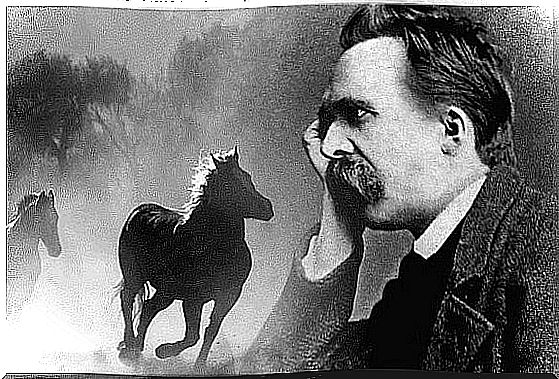
Kundera imagines that when Nietzsche mumbled into the horse’s ear, he asked for forgiveness. From Kundera’s perspective, he did so on behalf of all mankind for how ugly and primitive we have treated other living beings. As if they were our enemies or servants.
Nietzsche was not known as an advocate for animal rights, or for having any special connection to nature. But the episode between Nietzsche and the horse clearly had a strong influence on him. The horse was the last living thing he had a real interaction with. More than the animal itself, Nietzsche could feel incredibly well in his suffering.
Nietzsche was not very well known to the man in the street at that time, although he previously had a very good reputation as a professor. Unfortunately , his last year was miserable. His sister changed many of his texts to better match German Nazism. Nietzsche was powerless and could not do anything about it. He had sunk into a deep dream that would last until he died in 1900.
